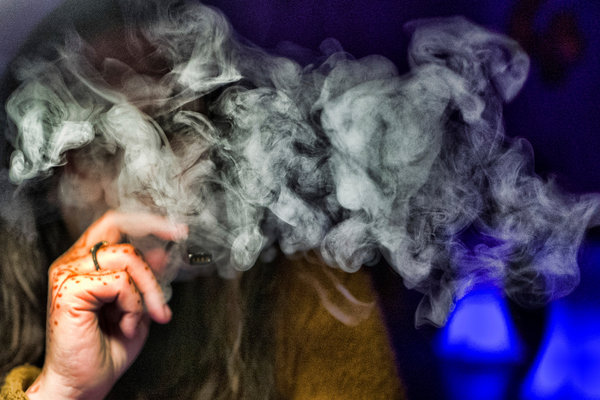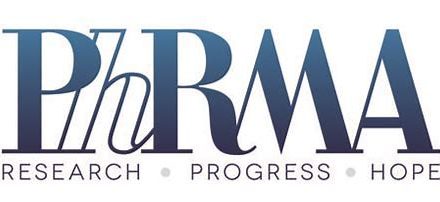Five of the six columns on the front page of today’s New York Times are devoted to stories about drugs.
The lead story (in the righthand column) is “Trump Administration Plans to Ban Flavored E-Cigarettes.” Excerpts follow:
… there is little conclusive research on the long-term safety of using Juul or other e-cigarettes. The company’s flavor pods have a higher level of nicotine than cigarettes do, which is of concern because of the impact nicotine can have on the still-developing teenage brain.
Doctors have said that many patients suffering from acute lung illnesses appear to have vaped some THC or cannabis-related products, although others have reported using e-cigarettes as well. No one has singled out a particular company, device or product as the possible culprit.
The Centers for Disease Control and Prevention have urged people, especially nonsmokers and teenagers, not to vape at all. And the C.D.C. has even recommended that cigarette smokers trying to quit should consult a doctor rather than take up e-cigarettes.
One House oversight panel has asked Dr. Robert Redfield, the director of the C.D.C., to appear on Sept. 24 to testify about the outbreak of vaping-related lung illnesses. Another investigative subcommittee is planning a separate hearing on the matter the next day.
In New York, Governor Cuomo also directed state health officials to subpoena companies that market or sell so-called thickening agents, which are sometimes added to illicit vaping products. A state laboratory, which detected the agents in vaping products collected from New York’s patients, found that they were nearly pure vitamin E acetate oil, which officials have said is a potential cause of some of the illnesses.
The vapor provided by a puff on an e-cig seems much more voluminous than the amount of smoke drawn in from tobacco rolled in paper. A cigarette smoker of my acquaintance was offered a puff, took her normal hit, and was taken aback by the huge cloud of vapor she exhaled. She will continue to roll her own from a pack of organic American Spirit tobacco.
Adjacent to the vaping saga at the top the page is “Opioid Maker Poised to Settle Milestone Deal.” The owners of Purdue Pharma have tentatively reached the first comprehensive settlement in thousands of cases nationwide. “Under the deal the Sackler family would pay $3 billion in cash over seven years.”
Three columns are devoted to the drugging of the horse —aptly named “Justify”— that won the triple crown in 2018 Key point in the feature story by Joe Drape: “Justify had failed a drug test weeks before the first race in the Triple Crown, the Kentucky Derby. That meant Justify should not have run in the Derby, if the sport’s rules were followed.”
Another drug-related story gets two columns at the bottom of the front page: “Nursing Homes Foster Spread of Virulent, Often Fatal Fungus.” Drug-resistant germs, including Candida auris, prey on severely ill patients in skilled nursing facilities, a problem sometimes amplified by poor care and low staffing.
The two other stories awarded front-page status by the editors on September 12, 2019, are headlined, “At Odds With Scientists, Trump Intervened to ‘Clarify’ Forecasts” and “Justices Permit US to Exclude Asylum Claims.”





